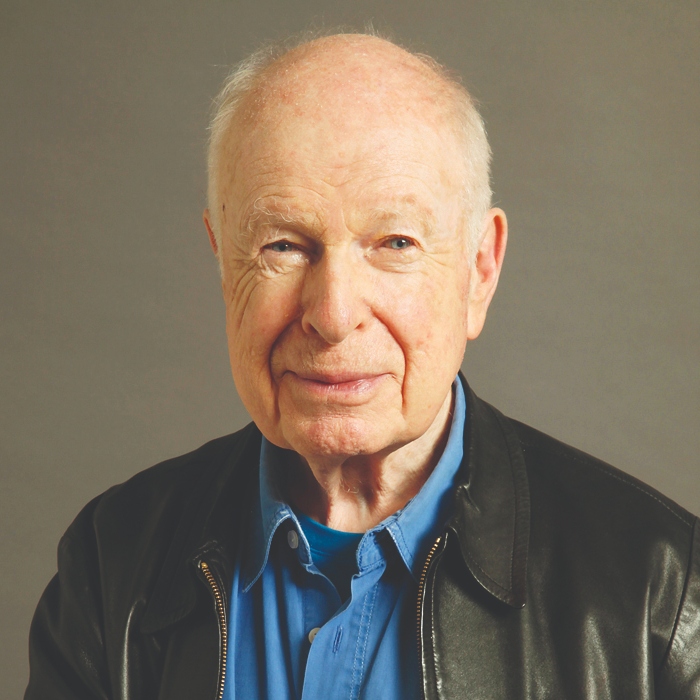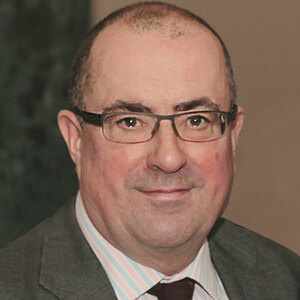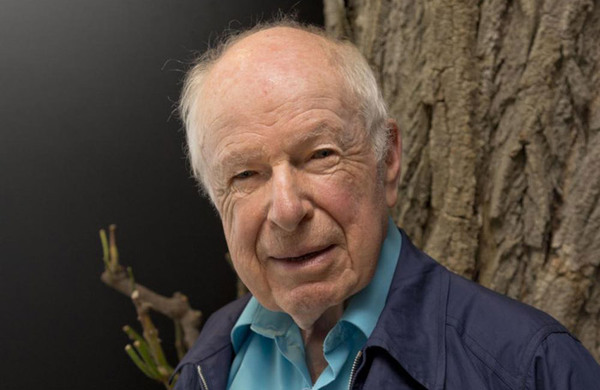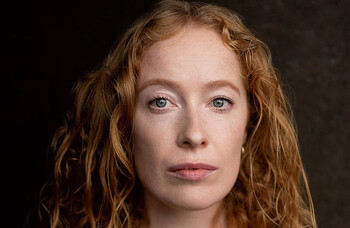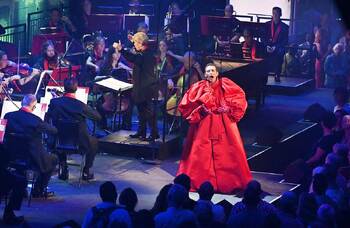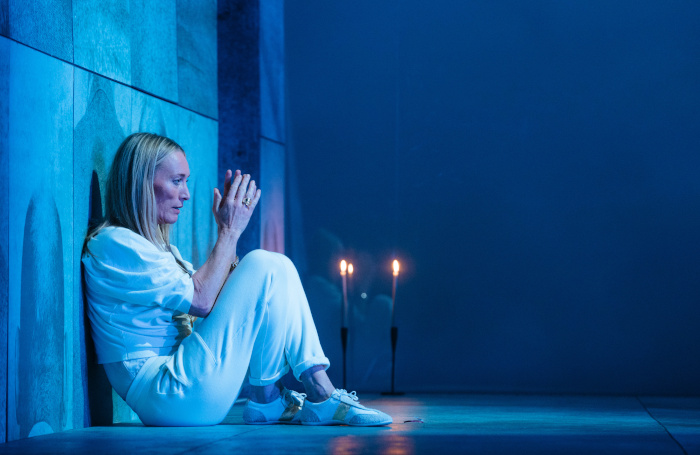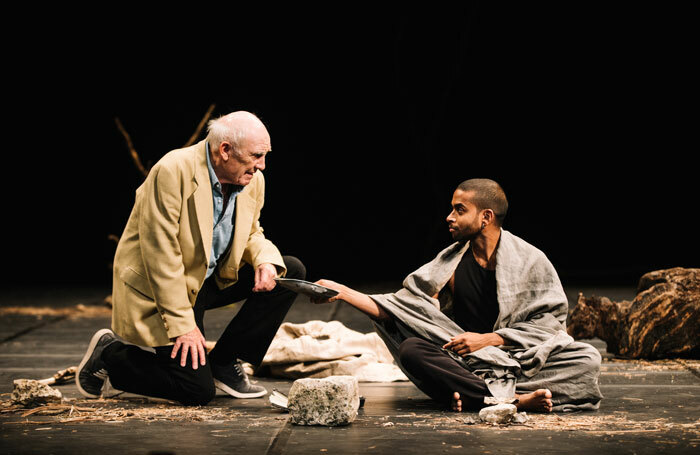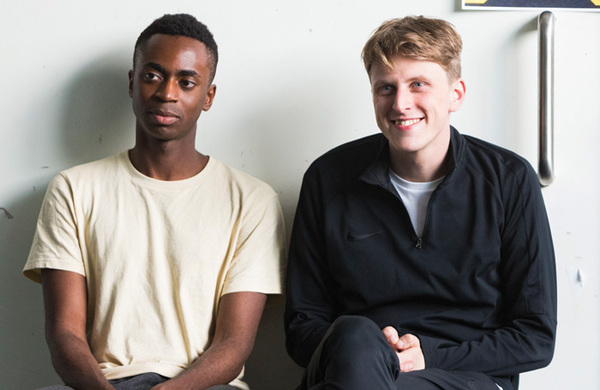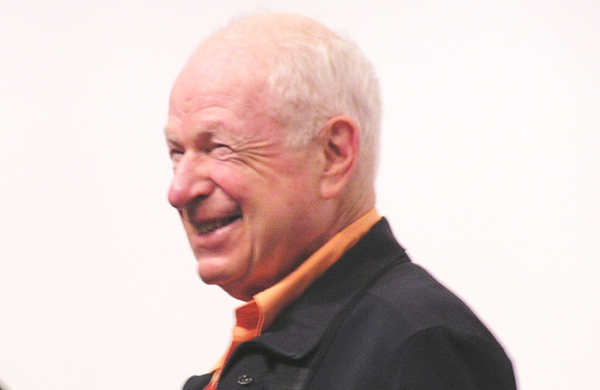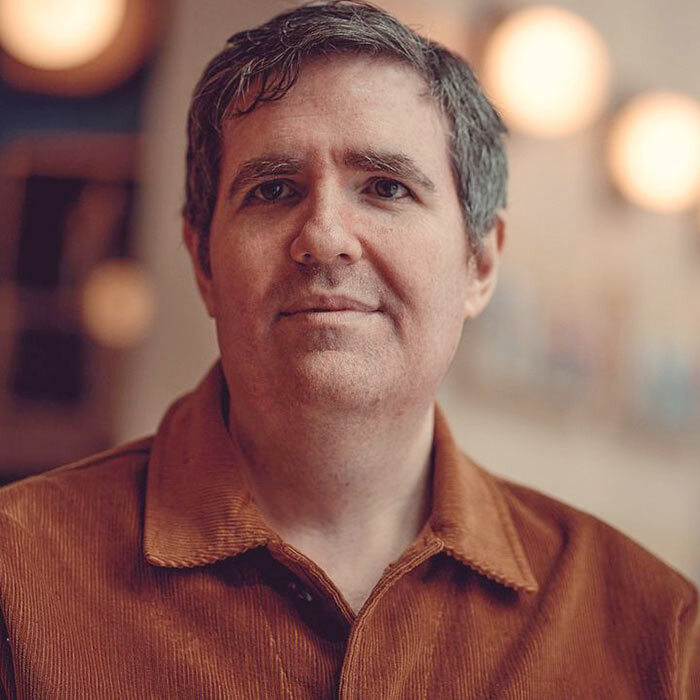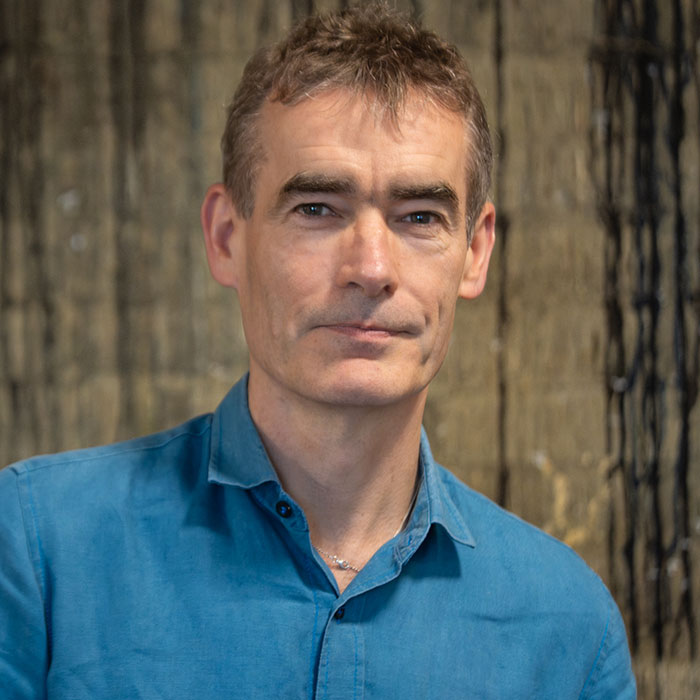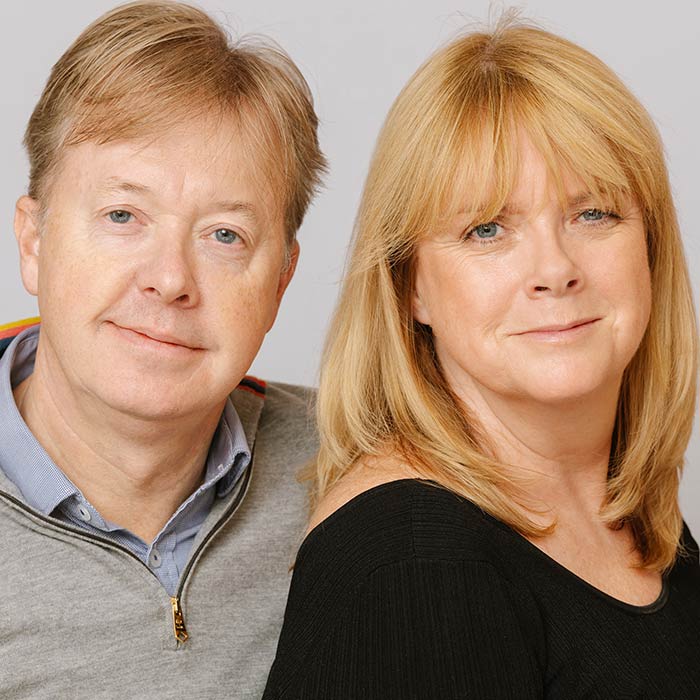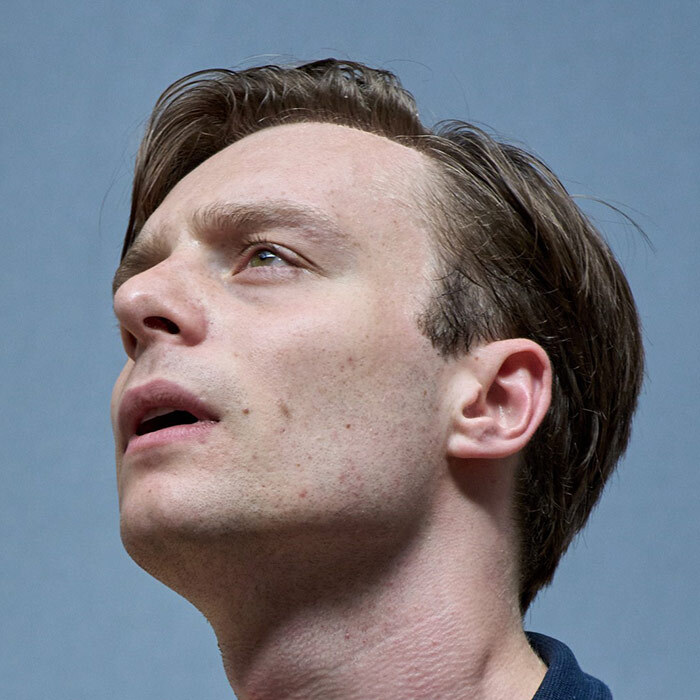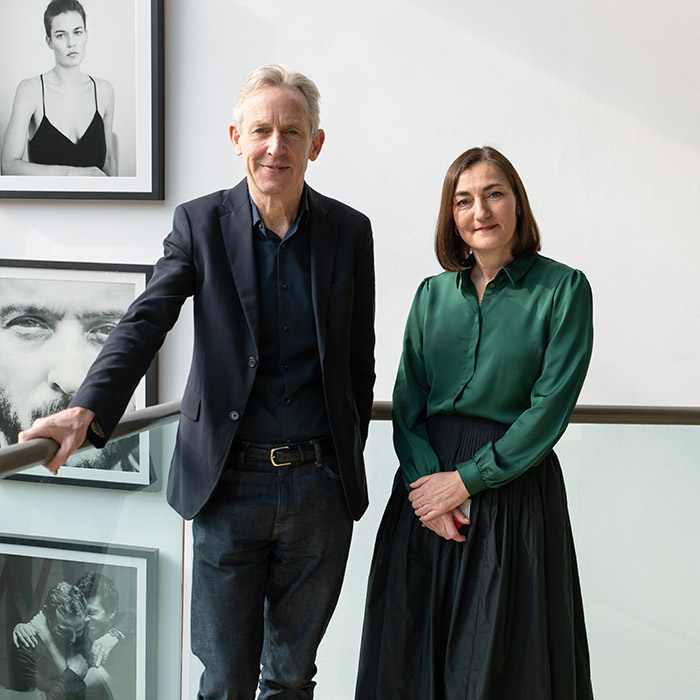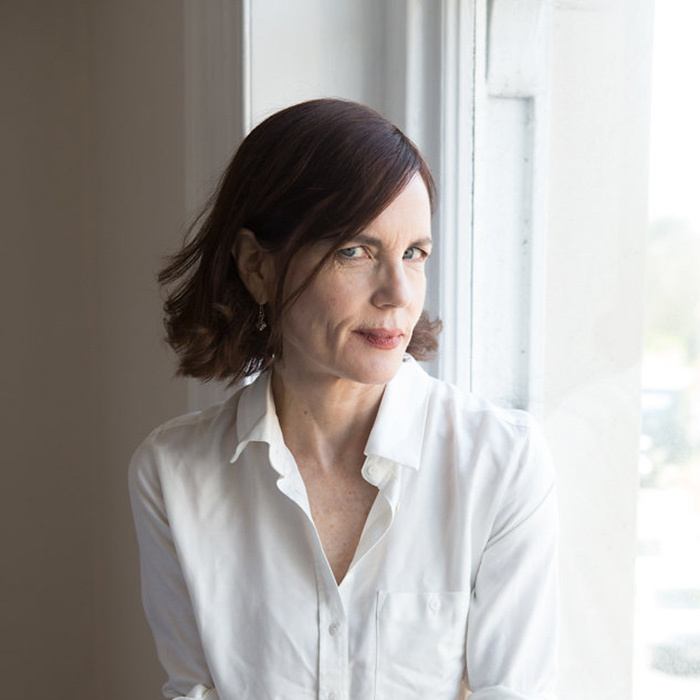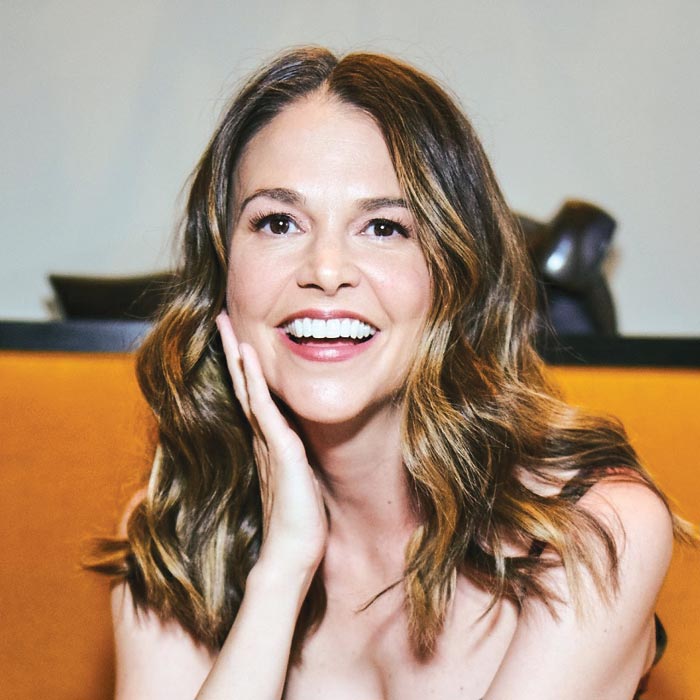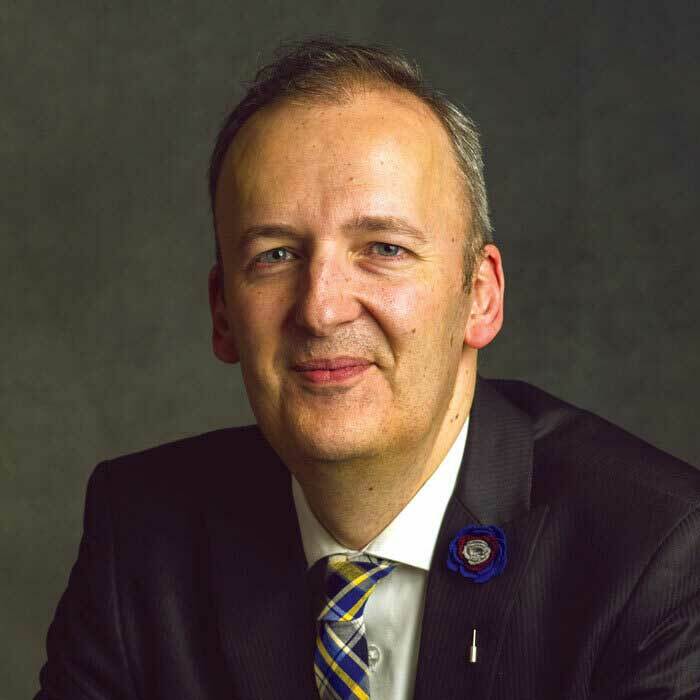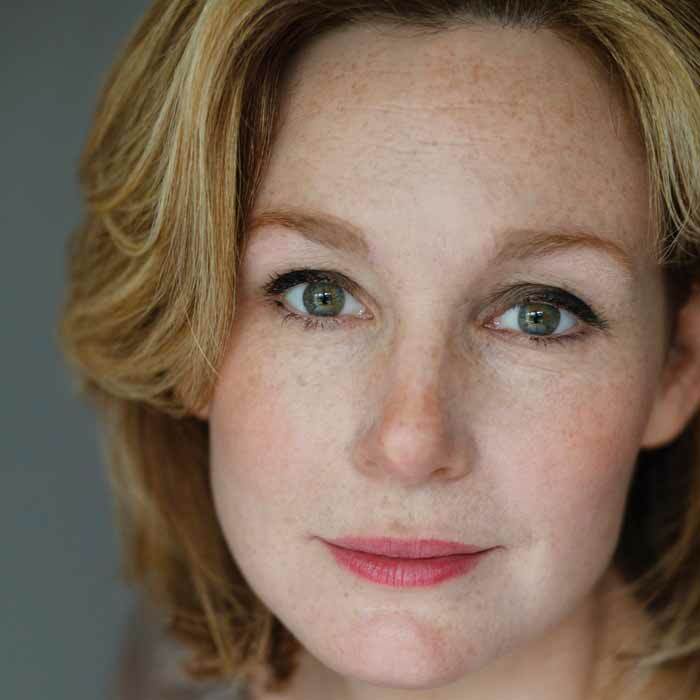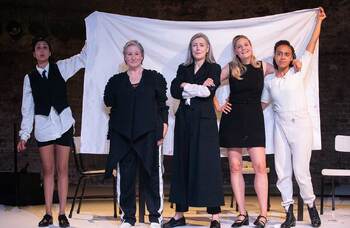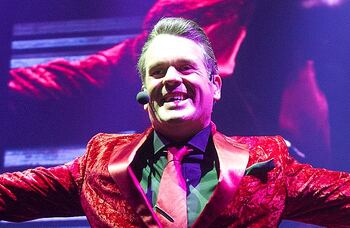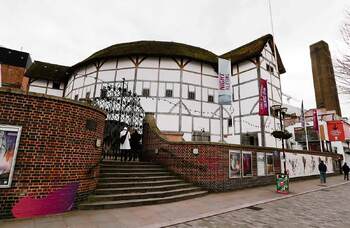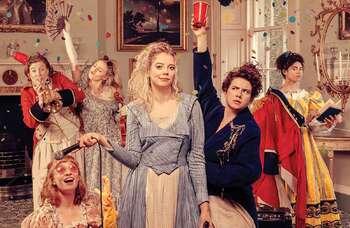Peter Brook
After rising through the ranks of UK theatre early in his career, director Peter Brook worked around the world before moving to Paris. Now aged 92, he tells Michael Coveney about the importance of keeping theatre relevant, how he is always learning from actors and why an international outlook is crucial
At the BBC Proms this year, composer Daniel Barenboim observed that the big mistake the English make about Edward Elgar is to claim him as a vessel of nationalism. He is, said Barenboim, one of the great European symphonists – more Mahler than Malvern, more Brahms than Brexit.
En route to speak to Peter Brook in Paris, it occurs to me that the acclaimed theatre director, now 92 but still lucidly twinkling, might say the same sort of thing about Shakespeare.
Brook has always steered clear of the Shakespeare histories, the “Englishness” of the rural scenes especially, and Falstaff.

When I put this to him, Brook explains why the histories haven’t touched him so much. He’s not a big fan of the monarchy, or patriotism blurring into nationalism.
“I was raised in public schools but, from the word go, I never believed what the public schools were teaching me,” he explains, sitting in his apartment on a street named for a renowned French Resistance fighter who died in Auschwitz. “Nor did I like the fact that they were fighting for the historical tradition of England.”
Despite moving from London to Paris in 1970 with his wife, the actor Natasha Parry (who died two years ago), he remains a British citizen, the son of Russian Jewish parents who made a fortune in pharmaceuticals. But his life’s work has been fuelled by a deep-rooted internationalism, a cultural non-alignment with anything save political justice, spiritual enquiry and the civilising life of the mind.
If he wasn’t so given to outbreaks of giggles, an interview could easily seem like a papal audience, or a brush with the Buddha.
Starting out in Paris
Brook is about to publish a new book about language and meaning, Tip of the Tongue.
The impulse for the book, which includes a beautiful, unstrained analysis of the difference between the French and English languages – the first is the language of pure and crystal-clear thought, melody passing through vowels, whereas English is propelled by consonants – is also the pivot of his career: moving to Paris.

He had first been invited to work in the city by Jean-Louis Barrault in 1968 in the wake of the political and cultural upheavals on the streets.
“I accepted his invitation on condition that the company was international,” recalls Brook. “I saw that Paris was a natural place for people of all races to come together. When Brecht started out, France embraced him – in the wrong way, as it happens – but he was totally ignored in Britain.”
In Tip of the Tongue, which is short, sweet and brimming with wise saws and modern instances, Brook also develops a thought planted for him by John Osborne: that an artist must always go against the tide.
In negative times, he concludes, we need to discover what was once contained in such “hackneyed values” as beauty, harmony, order, peace and joy. “And a visit to the theatre,” he insists, “as a visit to a doctor, should leave one feeling better on the way out that one felt on the way in.”
Continues…
Q&A: Peter Brook
What was your first non-theatre job? I never had a paying job that was not in theatre. My first unpaid job was as an assistant in Merton Park Studios aged 16. The first paid one was as assistant in the script department with Gaumont in Wardour Street. They were making 50-second commercial films at the beginning of television and I was in an office with glass windows – with flying bombs all around.
What was your first professional theatre job? Dr Faustus at the Torch Theatre in London in 1943.
What is your next job? The Prisoner at the Bouffes du Nord in March, which I’ve written with my co-director, Marie-Helene Estienne. Who, and why, is this man sitting alone in front of a huge prison in a desert landscape?
What do you wish someone had told you when you were starting out? This question doesn’t interest me so I can’t answer it.
Who or what was your biggest influence? The answer can be found in my book Threads of Time, which was written primarily to answer questions such as this one.
What’s your best advice for auditions? Prepare and then let go.
If you hadn’t been a theatre director, what would you have been? Useless question.
Do you have any theatrical superstitions or rituals? No, except mentioning the Scottish play. Over many years, inexplicably, I’ve seen the quantity of disasters that have fallen on people involved in productions of this play. I think this is due to the fact that Shakespeare couldn’t have avoided using true language for the witches and today one must find how to counterbalance this so as to be able to work freely.
It’s easy to forget that the director’s recent run of stark, minimalist productions are simultaneously infused with a glow of humanism lighting them up like a megawatt bulb. Luminous and potent, indeed, were the words used by one critic to describe Battlefield, Brook’s most recent play in London.

That play was an immense canvas in miniature that serves as a postscript to the last “epic” Brook production, the magnificent 1985 nine-hour Indian epic of The Mahabharata, first seen in a quarry near Avignon.
When it was presented in an old tramway shed in Glasgow in 1987, the show seemed to redefine the very idea of heroic theatre. It was simply and utterly gorgeous. Battlefield, on the other hand, was reflective and sombre, but in the Young Vic performance of 2016 it was also weirdly beautiful in its muted acceptance of how the world actually is after decades of carnage and the death of 18 million people in warfare.
Brook observes that, in these confused, uncertain days of both the Trump administration in the US and the escalating global tensions with North Korea, we seem to be in some sort of greyness and onset of dark ages. He likens the cycle of recurrent ages, or “jugas” in Hinduism, to DH Lawrence’s description of a daily experience in Mexico, moving from the hope of sunrise to the reappearance of ancient pains and angers, then violence and disappointment, and finally the sunset.
“This cycle is present,” Brook says, “often unseen, in every human activity.”
Discovering the Theatre des Bouffes du Nord
The sunrise for Brook himself occurred immediately after Oxford, and attachment to a war-time propaganda film unit, when he burst through at the Birmingham Rep and Stratford-upon-Avon, becoming the youngest ever resident director at Covent Garden and West End wunderkind.

Then came the golden age: a European tour with Laurence Olivier and Vivien Leigh in Titus Andronicus, his work at the newly formed Royal Shakespeare Company with Paul Scofield as King Lear, and Marat/Sade – still, for me, his two greatest productions. Then came his groundbreaking white-box A Midsummer Night’s Dream (and another headline-making world tour) and his move to Paris in 1970 to form the International Centre for Theatre Research, courtesy of funding by the French government; there followed some extraordinary expeditions with a multinational company to Iran, Africa and India.
And then, with his producer Micheline Rozan, he discovered the theatre behind the Gare du Nord that would be his artistic home for the next 40 years.
He recounts in his 1988 book The Shifting Point what happened when they discovered some loose boarding covering a hole on the facade of an apartment block: “We pushed it aside, crawled through a dusty tunnel and suddenly straightened to discover – wrecked, charred, streaked with rain, pock-marked, yet noble, human, glowing-red and breathtaking – the Theatre des Bouffes du Nord.” They decided immediately to keep the theatre exactly as it was, and to bring new life back into it as quickly as possible.
And there, after the travels emanating from the Bouffes, emerged Brook’s ‘silver period’, meticulous and beautifully modulated and variegated productions in the mid-1970s of Timon of Athens, Measure for Measure, the Ubu plays by Alfred Jarry and The Cherry Orchard, in free but poetically accurate translations by Jean-Claude Carriere. The Mahabharata flared amid this work, “the most majestic fusion of Eastern and Western theatre ever to electrify a performance space,” said Irving Wardle, then drama critic for the Times.
Continues…
Wit and wisdom in Peter Brook’s books
I can take any empty space and call it a bare stage. A man walks across this empty space whilst someone else is watching him, and this is all that is needed for an act of theatre to be engaged. (The Empty Space, 1968)
The marvel of the Beckett play [Oh Les Beaux Jours] was its objectivity. Beckett at his finest seems to have the power of casting a stage picture, a stage relationship, a stage machine from his most intense experiences that in a flash, inspired, exists, stands there, complete in itself, not telling, not dictating, symbolic without symbolism. (The Shifting Point, 1988)
Japanese children have infinitely more developed bodies than those in the West. From the age of two, a child learns to sit in a perfectly balanced manner; between two and three the child begins to bow regularly, which is a wonderful exercise for the body. (There Are No Secrets, 1993)
Shakespeare always shows how in every powerful character there are layers of unsuspected weaknesses. (The Quality of Mercy, 2013)
We travel on an Air France plane and hear the cabin attendant say “fussyrseabells”. “Sea Bells” can make us smile and think of them tolling for us as the plane plunges into the Atlantic. But it would take just a few minutes of tuition to let pilots and cabin crews become comprehensible – and even avoid saying “lydeezanjentlmn”. (Tip of the Tongue, 2017)
‘Brexit is a catastrophe’
Brook has a particular talent to fuse random conversation, disparate topics, into a discussion of both moment and momentum. It is also the discovery of this sort of flow and synthesis that marks his work.
On sensing that I may not be as optimistic and joyful about our current theatre as I want to be, he suddenly asks whether I’ve seen anything really good recently.
I’m stumped, until I recall Hamilton, describing the show, the queues along 8th Avenue in New York, the talent of Lin-Manuel Miranda, the way the rap moves into musical, the colour and the vivacity of expression and design, the originality of it all based in a solid dedication to his craft over some 15 years.
“You see,” he says, “the cycle begins. It always will. And I must book tickets for the London production immediately.”
Does it cheer him at least that the artistic community in Britain is overwhelmingly not pro-Brexit?
“It can’t be. Brexit is a catastrophe. And of course Brexit will have an effect. Everything affects everything, everything is in movement, and today more than ever. It’s really like noise in a cave, the echoes go everywhere.”

I remark how disturbing it is to walk through Paris and see small squadrons of heavily armed soldiers at almost every turn. “The fact of terrorism, one that hasn’t sufficiently been gone into,” says Brook, “is that every terrorist is potentially someone who accepts suicide as a deep, tragic sense of revenge on humanity. And the idea that before I kill myself, I will kill as many other people as possible. Beyond it all is a deeper word still, frustration. You wake up and see the possibilities offered on television, in advertising, then you see your own situation, and there’s jealousy, anger, simple frustration.”
Is there a solution to this problem?
“I think one has to eliminate, alas for ever, the word ‘solution’. There can be temporary bandages,” he says. “The amazing thing in Shakespeare is that there is such limitless meaning and application to, say, Hamlet’s ‘the readiness is all’, or Coriolanus’ ‘there is a world elsewhere’. You can find what doesn’t exist in Shakespeare – he’s a skyscraper with so many levels; from the top floor you have a view of the whole teeming world – as you can in The Mahabharata.
“This is why the question of who wrote it all is so stupid; that leads you to the greater question, which is, ‘So what?’ If we find someone’s name, give out his phone number, where does it get you? Have you met Santa Claus? Is Father Christmas the same man? Shakespeare is limitless, like the sea. He warns us particularly of using the capacities of the brain beyond its legitimate function. ‘O, reason not the need,’ cries Lear. If there’s a need, there’s a need – the moment you ‘reason it’, it shrivels away.”
Staying in the present
I ask Brook about continuity in the theatre, how he can chart his journey through this period to the later years of pared-down opera productions, the Fragments of Beckett, a solo show about theatrical theory and the extraordinary 11 and 12, a whispered performance, virtually, of some restraint and delicacy made of an apparently bizarre dispute as to how many times you should recite a prayer.
He should like to look at this question slightly differently, he says. His switch of emphasis is so gracefully done, his thought so pristine, however many times he may have expressed it before, that I’m reminded of David Hare’s remark when reviewing one of Brook’s books, and finding grounds for disagreement over his apparent dismissal of contemporary British and Irish dramatists: “Peter Brook remains the theatre artist of our time with whom it is the greatest honour to quarrel.” Brook, of course, has worked with many living writers, always has done, but they do not always correspond with the list on the syllabus or in the traditional theatre.

“The theatre only exists in the present,” he declares, warming to a key theme. “One can dream, talk and theorise about it, but the proof of the pudding... it’s as simple as that. You can be brought the pudding and you can see if you like the look of it. All that vanishes the moment you put it in your mouth. You either spit it out, or you savour. And I’d say this about everything we do: you cannot work in the theatre and ignore the news of the day. The world has always been in motion but people have never been so aware as they are today of the influences playing on them.
“The force of a history play is that a war has been won, we can start again. But now, it’s not like that, nor was it for Shakespeare’s Coriolanus, the play of his that is least done and least appreciated at the moment. Coriolanus has won every battle until, when asked to display his wounds in public, he’s so disgusted that he prefers to give up everything rather than do that, and out of that comes the whole business of him having to survive, crossing to the enemy, coming back to attack his own people and then confronting his mother. It is cause and effect all the way. The theatre proceeds something like this, a series of discoveries and reactions. But there is no point in doing anything except to discover something new.”
Fresh discoveries
Brook will not be tempted on the current state of the Royal Shakespeare Company, but says he found a lot to admire in Andrew Scott’s Hamlet, directed by Robert Icke and currently running in the West End. “And I bet Simon Russell Beale was good as Timon of Athens.” (He was.)
There are certain plays he won’t direct himself – Troilus and Cressida, Othello – but enjoys seeing what others make of them. “In the Nicholas Hytner Othello at the National, the army barracks setting was not imposed, and into that came a new approach to Iago [played by Rory Kinnear] that I’d never seen. This was an Iago who doesn’t see himself as a villain and is, in his way, a good and loyal husband until – suddenly – someone else is given the top job he is steadily expecting to come his way; and this someone is black. There is then discovered, even to Iago himself, a real depth of anger and frustration. This was a revelation.”
Other revelations for him include the first musicals in the golden age of Broadway, Marlene Dietrich – not Vera Lynn, you notice – singing Lili Marlene so as to make the words, melody and meaning inseparable from each other (“Even today, opera singers are taught by counting; it all comes back to the flow. And the form is the support for the flow”), and the way director Walter Nugent Monck, who started and ran the Maddermarket Theatre in Norwich, showed him how Shakespeare, or indeed anything, was best on a virtually bare stage, with nothing but the play running through it.

“The revelation was: you can do away with scenery altogether,” says Brook. “Today, video has become the painted scenery and beautiful costumes I rebelled against when I came into the theatre. It’s an unnecessary and indulgent distraction.”
Do actors learn from the director, or is it the other way around?
“Absolutely the other way. The director who comes knowing what he expects of the actor is a rotten director. When I came to France, the actors were in awe of someone coming from the Royal Shakespeare Theatre. I said to them, we are going to explore this play on the basis that I know no more about it than you do. We’ll work on it together to discover something for ourselves. In the tea break, one of them was heard saying to another: ‘Is he playing the fool with us?!’ ”
And Brook’s face is wreathed in smiles once more.
CV: Peter Brook
Born: 1925, London
Landmark productions: Love’s Labour’s Lost, Shakespeare Memorial Theatre, Stratford-upon-Avon (1946); Titus Andronicus, Shakespeare Memorial Theatre (1955); The Tempest, Shakespeare Memorial Theatre and Theatre Royal Drury Lane, London (1957); King Lear, Royal Shakespeare Theatre, Stratford, and Aldwych Theatre, London (1962); Marat/Sade, Aldwych Theatre (1964); A Midsummer Night’s Dream, Royal Shakespeare Theatre (1970); Conference of the Birds, Brooklyn Academy of Music, New York (1973); Timon of Athens, Theatre des Bouffes du Nord, Paris (1974); The Mahabharata, Festival d’Avignon (1985); L’Homme Qui, Theatre des Bouffes du Nord (1993); 11 and 12, Theatre des Bouffes du Nord (2004); Une Flute Enchantee, Theatre des Bouffes du Nord (2011)
Awards: CBE, 1965; Tony for Marat/Sade, 1966; Tony for A Midsummer Night’s Dream, 1971; American Theater Hall of Fame, 1983; Honorary fellow, Magdalen College, Oxford, 1991; Officier, Legion d’honneur, 1995; Companion of Honour, 1998; Critics’ Circle for services to the arts, 2008; Commandeur, Legion d’honneur, 2013
Peter Brook’s latest book, Tip of the Tongue: Reflections on Language and Meaning, is available to buy now for £7.99 as a paperback, published by Nick Hern Books
Big Interviews
Recommended for you
Opinion
Most Read
Across The Stage this weekYour subscription helps ensure our journalism can continue
Invest in The Stage today with a subscription starting at just £7.99
